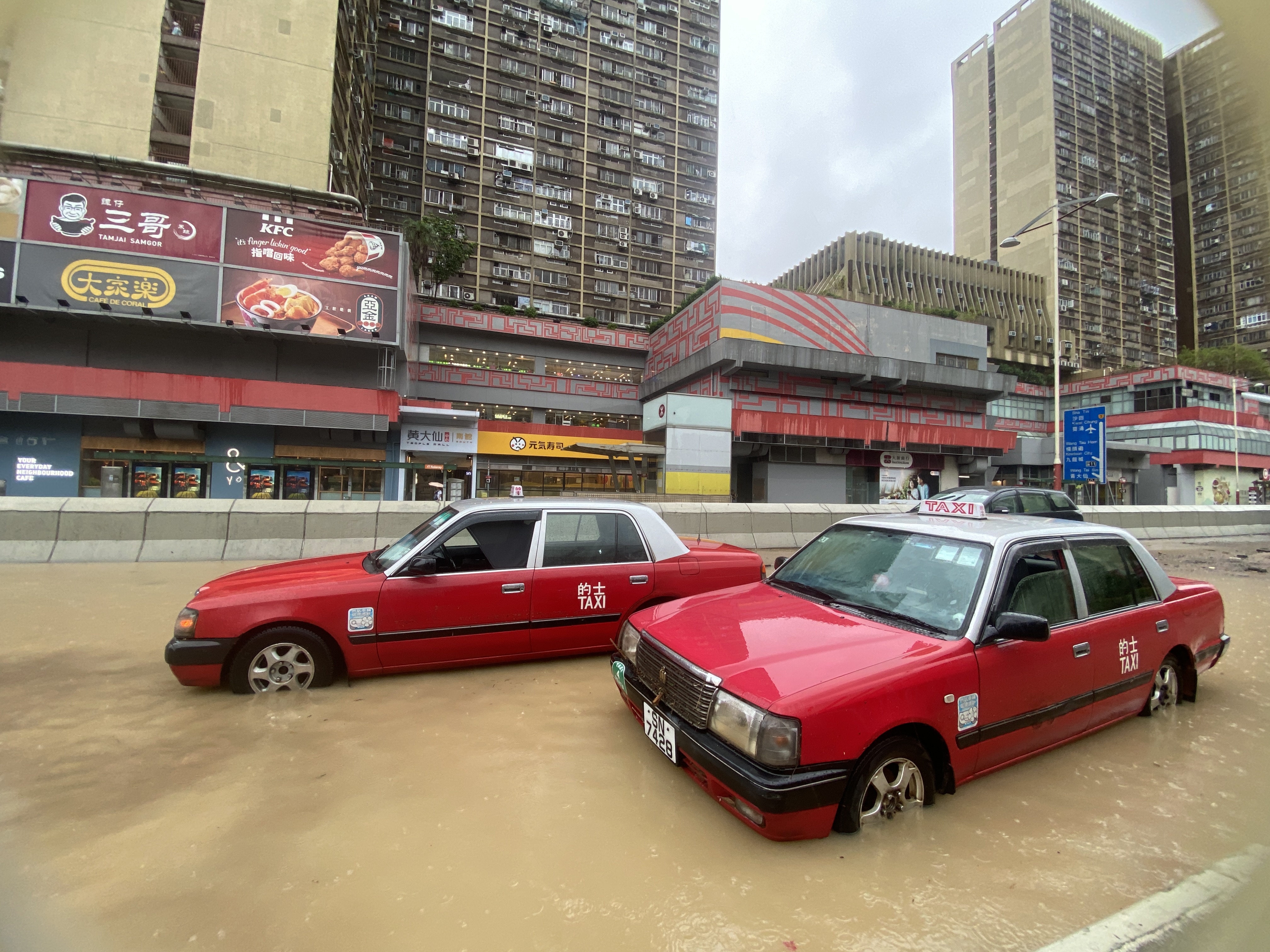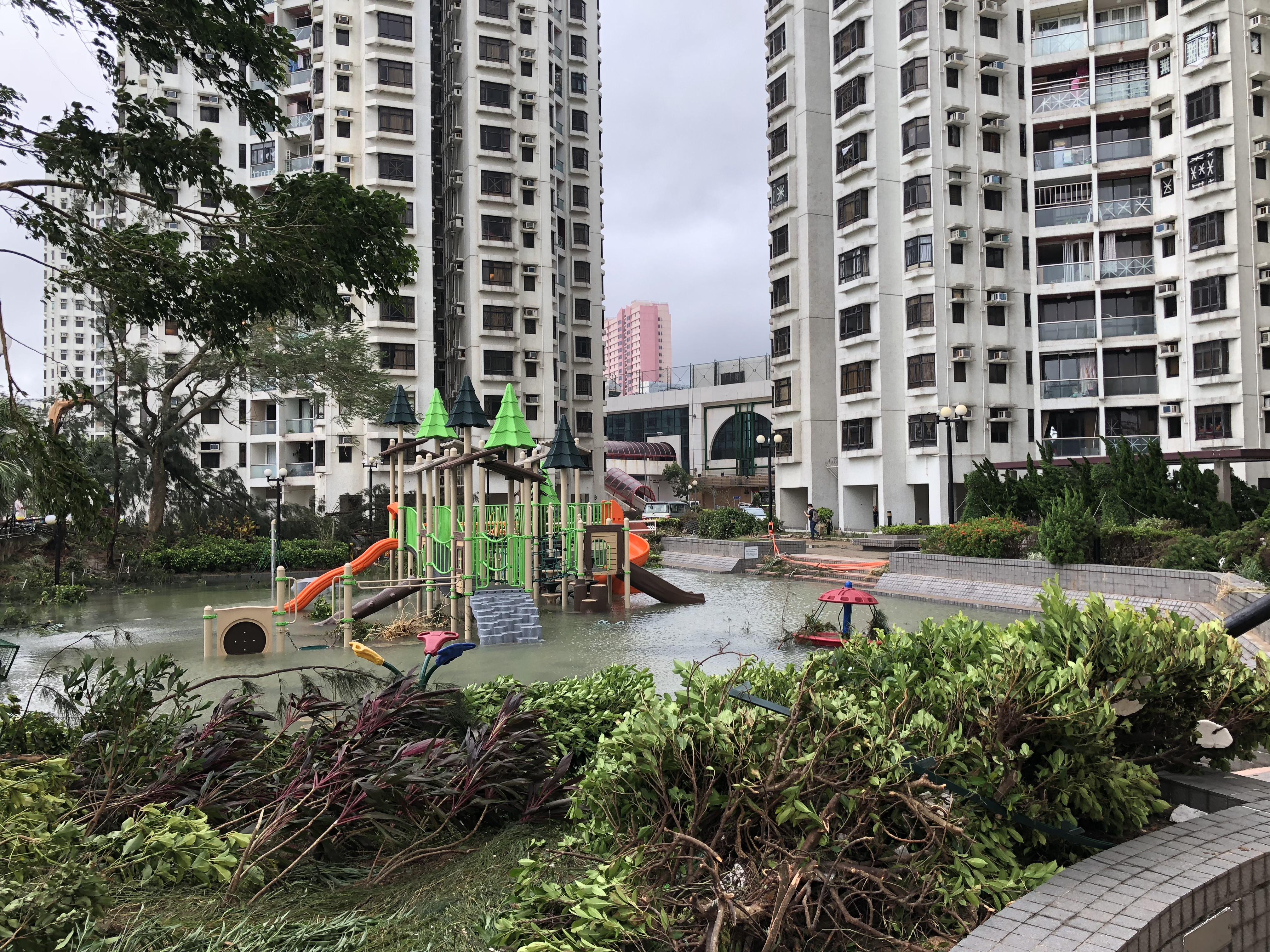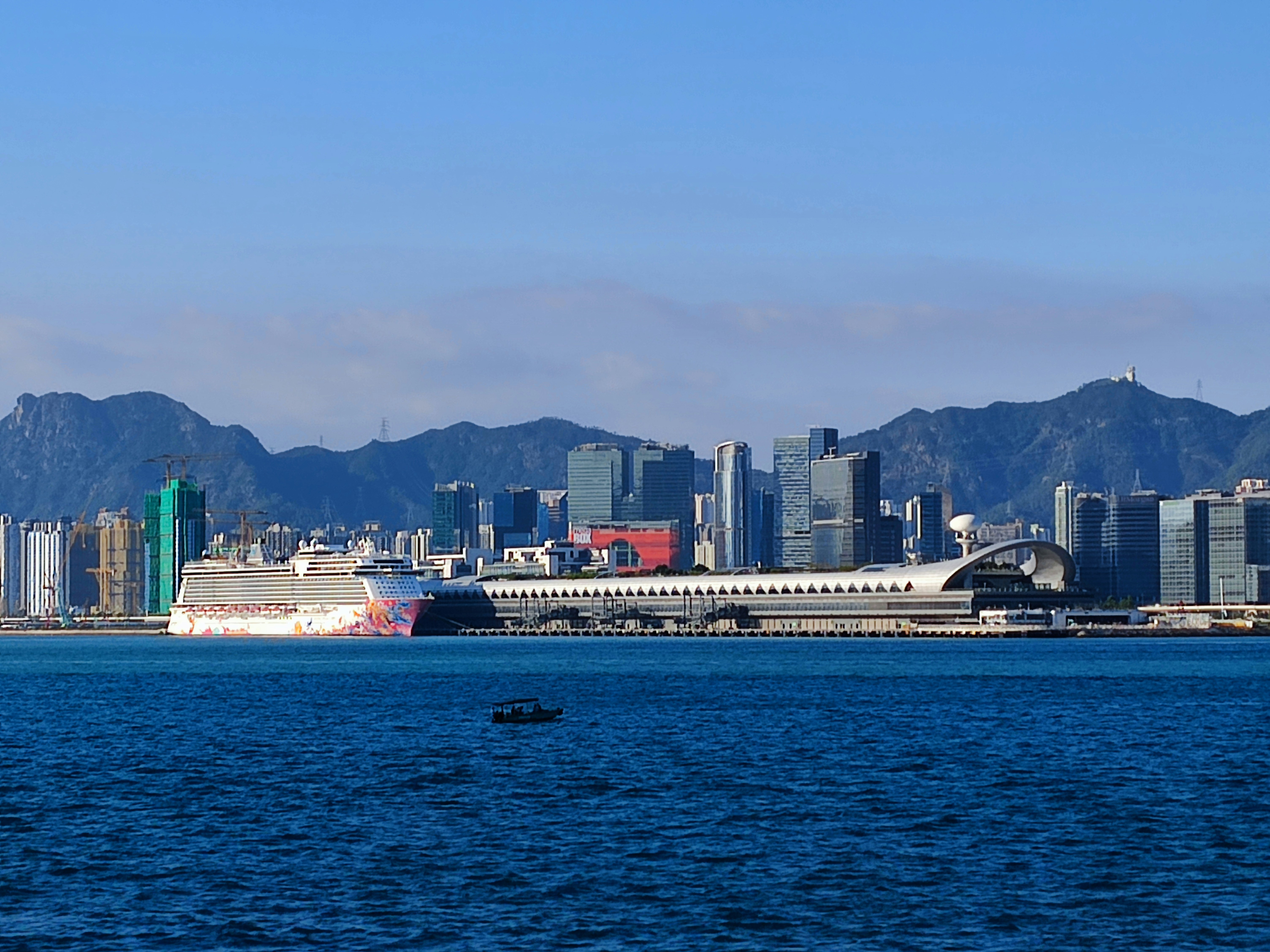Spain’s deadly floods another wake-up call for Hong Kong

(20 Nov 2024 SCMP)
Despite the recent attention-grabbing presidential election in the US, the catastrophic flooding in Spain still managed to capture some headlines. The disaster, one of the deadliest in Spanish history, has led to at least 223 deaths. The sluggish and haphazard response of the Spanish government has incited anger among residents.
While properly enforced advanced warnings could have allowed more time for precautionary measures, they are not the sole factor at play. The hydrophobic soil – in part the result of recent dry weather – could not absorb enough rainwater during the flood. The intense urbanisation of coastal areas impeding efficient water penetration into the ground is also to blame.
Does this scenario sound familiar? Hong Kong, a highly urbanised city, relies heavily on its drainage system to divert rainwater during rainstorms. However, if the system fails to manage a flash flood like the one experienced in September 2023, history may repeat itself.
Green groups have been advocating for the government to adopt “blue-green infrastructure” solutions by integrating green space, trees and natural drainage into the urban environment. This kind of infrastructure must be incorporated into all new government projects. With incentives, private developers can adopt it too.
An analysis of the Spanish flood by World Weather Attribution indicates that the rainfall was about 12 per cent heavier than it would have been if human-induced warming had not occurred. It also found that such weather events are now twice as likely. The organisation further revealed that human-induced climate change from greenhouse gas emissions has caused multiple extreme climate catastrophes across Europe.
To tackle the climate crisis and alleviate the risk of these environmental catastrophes, the world should consider enhancing each and every climate action plan. That includes Hong Kong.
As a community, Hong Kong must recognise that every effort counts in fighting climate change. Doing business as usual is no longer an option if we wish to prevent the loss of lives or damage to property due to flash floods, super typhoons or extreme heat.
Dr. Rico Wong Tze-kang, deputy director, The Green Earth
Source: Spain’s deadly floods another wake-up call for Hong Kong


 綠惜講座
綠惜講座

 2024-11-20
2024-11-20
 返回
返回
 2022-08-10
2022-08-10


